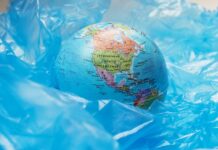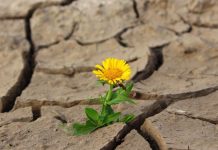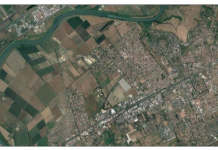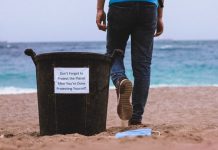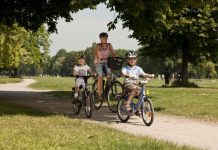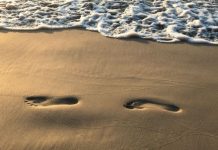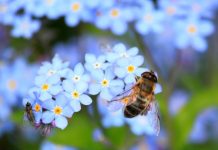Drought: action on water management essential
Italy is a country that has made water a sad example of its inability to intelligently manage an asset that is crucial for our...
Land consumption in Rome from the post-war period to today
In urban areas, settlement expansion and landscape transformations are intimately associated, involving multiple domains: ecology, spatial planning, economic issues and social aspects. Contemporary urbanisation,...
World Environment Day: buying second-hand is good for the planet
Environmental protection is a core value for Italians, who in recent years have adopted increasingly sustainable and conscious behaviour, including buying and selling second-hand...
World Bicycle Day: “The bike reshapes the future”
On the occasion of World Bicycle Day on 3rd June (established in 2018 by the United Nations to raise awareness of the social benefits...
Carbon footprint: what it is, how it is measured and why it is important
The carbon footprint is the parameter that, better than any other variable, makes it possible to determine the environmental impacts of anthropogenic activities on...
World Bee Day: how to protect pollinating insects
In order to contribute to the knowledge and protection of pollinating insects, which are now more threatened than ever, a group of young researchers,...

























